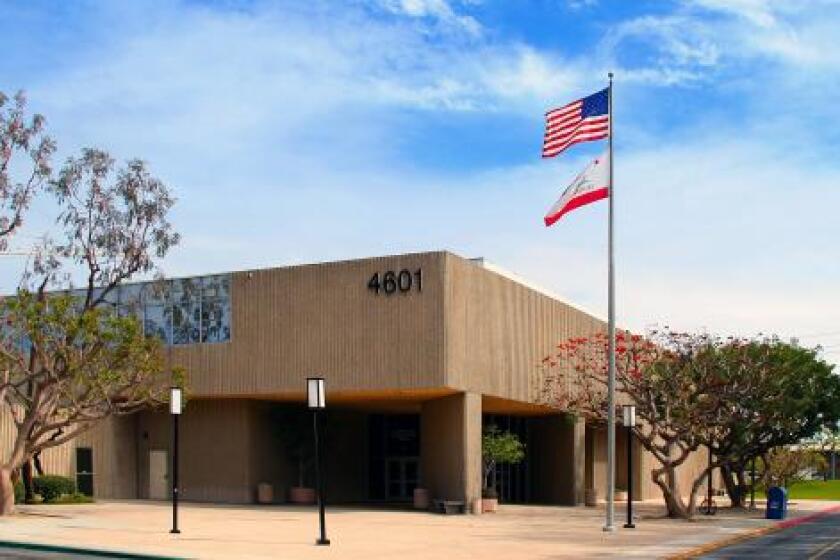KIDS THESE DAYS:
- Share via
“Jerry” could have been any boy at any time, but I knew him 40 years ago. Back then, Jerry was the product of a mish-mosh of religions. Jerry’s father was baptized in the Roman Catholic church but then raised as a Protestant by his stepmother.
Jerry’s father married a Jewish girl, Rachel. Rachel was the daughter of a rabbi. When Rachel’s father discovered she was dating and planned to marry a man outside of her faith, he refused to see or speak to her.
Jerry and his family lived in a Jewish section of town, back when the town had distinct cultural and religious neighborhoods; before the days when money was the ticket to living anywhere you wanted. Jerry’s public elementary school was closed on Rosh Hashana and Yom Kippur, the Jewish High Holidays.
Jerry grew up celebrating the major Jewish and Christian holidays in his home and rarely set foot in a synagogue or church.
Even then, however, Christmas was less about celebrating the birth of Jesus Christ than it was an excuse to receive presents.
But Jerry always believed that was true of most kids. Jerry believed in Santa Claus, too. “I still do!” he’d tell you today. Jerry moved out of his parent’s home when he was 21. Away from them, his slim thread to the real meaning of Christmas and religion were gone.
Over time, Jerry’s attitude toward Christmas evolved into one of universality, that is, he came to believe the true meaning of Christmas had less to do with the birth of Jesus Christ and more to do with what Christ would have wanted for all mankind, not just for one day, but everyday.
Of course, Jerry could only guess at what Christ would have wanted (and he laughed at the televangelists who told their audiences they knew exactly what he wanted) but it seemed to him the principles of peace on Earth and goodwill toward men were ones everyone should embrace.
Jerry believed these principles transcended religious boundaries. So while he still observed Jewish holidays (even though for most years, “observing” them was stretching the definition of his participation), he observed the Christian holidays, too.
Then he married. She was neither Catholic nor Jewish but they shared the belief that the world is a better place when everyone embraced the principles of “peace on Earth” and “goodwill toward men.”
Jerry and his wife had children, but their kids received no formal religious training.
As he did when he was a child, his children paused during major Jewish and Christian holidays.
Jerry even figures his kids have already attended more Passover Seders than he.
At Christmas, there is a tree and there are presents. More important, there are family and friends in their home.
Jerry’s mixed religious background has brought him both insight and pain. The insight comes from the ability to sort issues on a basis other than one’s religion. The pain would come from the few narrow-minded people who shunned him only because his mother was Jewish.
“I am sorry for them,” was all Jerry would say. There is always Christmas, a day when the lines of religious affiliation are blurred and everyone everywhere can agree that even for just one day, deep inside, we are all the same. We all have the same dreams, the same fears and the same wishes for our children.
Those wishes are as true today as they were when Jerry was a child and they will be true for Jerry’s grandchildren, too: peace on Earth, goodwill toward men.
STEVE SMITH is a Costa Mesa resident and a freelance writer. Send story ideas to [email protected].
All the latest on Orange County from Orange County.
Get our free TimesOC newsletter.
You may occasionally receive promotional content from the Daily Pilot.



